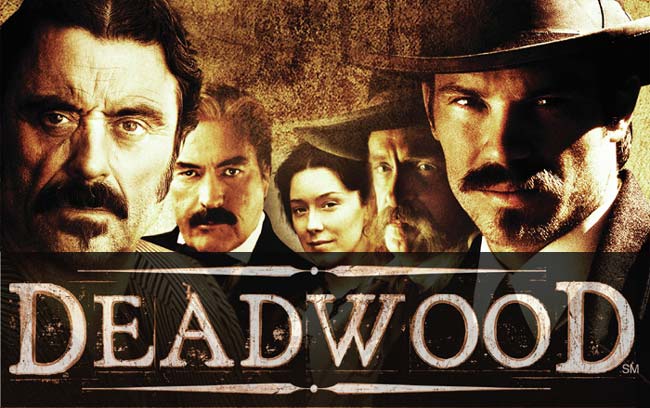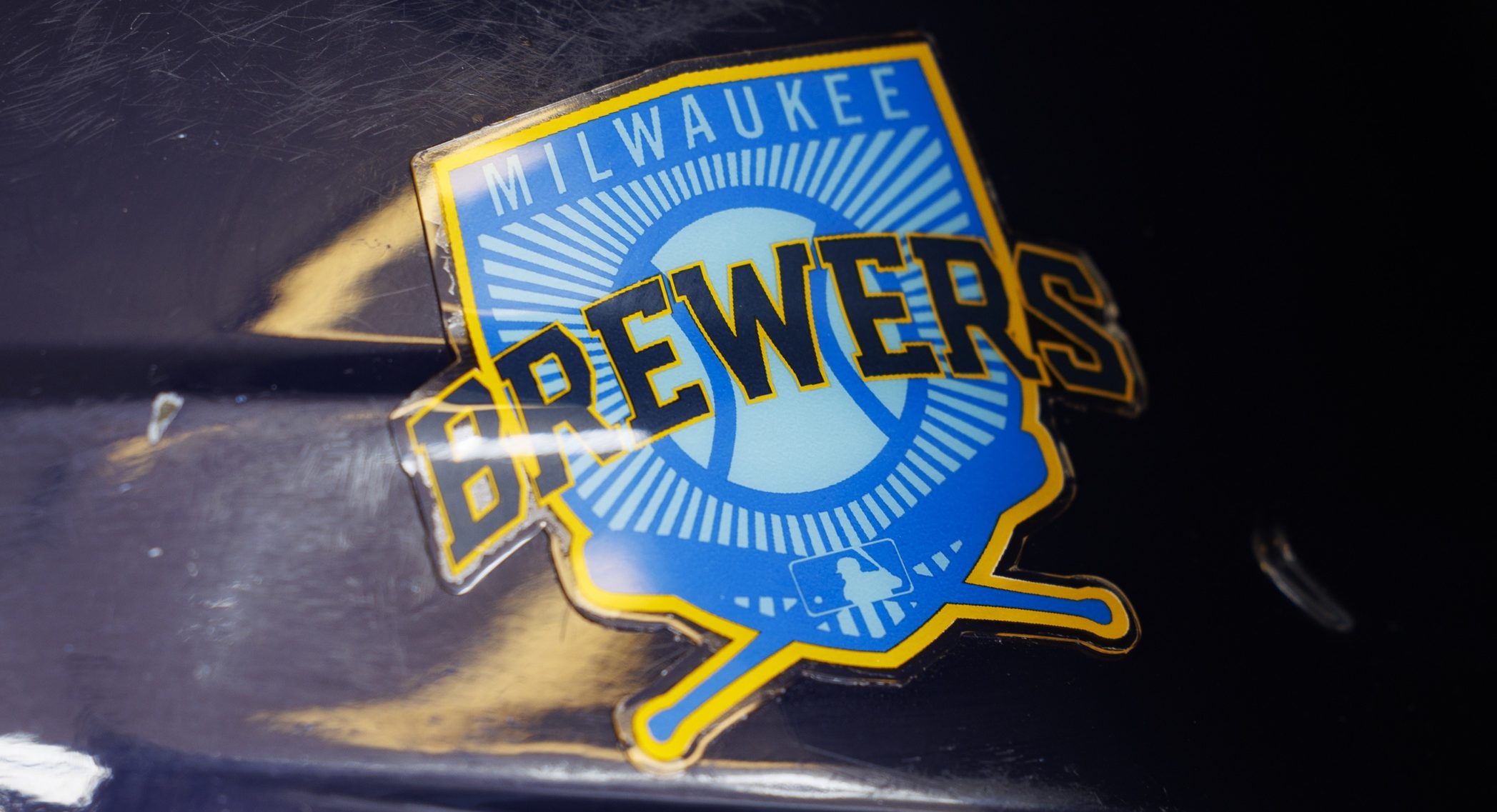Well, call me a hooplehead and feed me to the pigs! Deadwood is coming back.
Deadwood, one of the most critically acclaimed shows in HBO’s vast library of critical acclaim, is reportedly—finally—coming back to end the story of a makeshift South Dakota mining town with no morals, and even fewer rules. From TVLine.com:
HBO programming president Michael Lombardo confirmed to TVLine that he personally gave series creator David Milch the green light to resurrect the acclaimed yet painfully short-lived Western.
“David has our commitment that we are going to do it,” says Lombardo. “He pitched what he thought generally the storyline would be — and knowing David, that could change. But it’s going to happen.”
Deadwood, created by Milch, ran for three seasons on HBO in the early Aughts before the show was canceled without anything close to a satisfying ending for its dedicated fans and wonderful cast of characters. There have been rumors for years—it’s been a decade, truly—that a two-hour movie would be filmed to end the story right. But it never happened. Until, it seems, now.
As angry e-mail messages streamed into HBO offices — and the end date for the actors’ contracts approached — Mr. Albrecht and Mr. Milch searched for a compromise. Last weekend, Mr. Milch rushed to New York and proposed a final idea. By the end of the meeting they struck a deal: two two-hour final episodes to run next year. Last Sunday night, just after the deal was settled, Mr. Milch said he was “deeply gratified” that the show would return, at least for a farewell bow. “I’ve always known that the support for this show was not a mile wide,” he said. “But it was a fathom deep.”
That passage was from a New York Times article on Deadwood being saved by HBO with a two-hour movie… from 2006. Fans have been waiting ever since.
(All clips highly NSFW, if you didn’t already know.)
As the Times article chronicled, the show was a critical hit, but struggled to find the enormous audience of other tentpole HBO shows like The Sopranos had, much like The Wire in that way, giving HBO good reason to move on to Milch’s next project, John From Cincinnati.
History remembers that show far less favorably, but it was Milch’s pitch of that program that sealed the end for Deadwood. Rather than run a truncated, six-episode fourth season, the network and Milch agreed to close up Deadwood for good. The movie that was to end the run obviously never happened, and word spread over the last 10 years that even if the actors—many of whom went on to great roles in other prominent shows and movies—could coordinate their schedules, Milch and HBO had sold off the sets to the town, making a revival logistically and financially impossible.
And yet, now it seems like it’s finally coming back. Again, from TVLine:
Timing wise, Lombardo says Milch has another project he’s currently working on, “But the understanding is that when he is done with that he will turn his attention to [writing the] script for the Deadwood film.”
“The cast is unbelievably [tight],” he adds. “Some casts and creators form a bond that becomes relevant for the rest of their lives. This was a defining moment for a lot of them.”
It was a defining moment for HBO too, somewhat laying the groundwork for the hit shows that have followed it. Not to overstate things, but there are many a conversation that take place in King’s Landing brothels that seem eerily reminiscent to the Shakespearean soliloquies we got from the balcony of a South Dakota saloon that doubled as a whore house and looked out across a dirt road at a casino that doubled as another whore house, down the street from, yes, another whore house.
And yet, amidst whore-house setting and constant cursing—here’s a handy chart counting the number of times the words “fuck” and “cocksucker'”were used in the series, averaging 1.56 fucks per minute—the dialog was uniquely elegant and nuanced and, ah hell, who am I kidding, it was mostly just a bunch of dirty (literally) men cursing and screwing and shooting each other and sometimes talking in ways that made it feel like you were watching Masterpiece Theatre in a show that figured out how to make the telegram seem like amazing new technology and, at the same time, relevant to the goings-on in today’s world.
Again from the 2006 Times piece:
Asked about the curlicue language of his show, his response is a little — but just a little — more succinct than his characters’: “The characters are very fastidious about emotion. But there are many of them that have access to Victorian-slash-Elizabethan locutions, in so much as they read the early Victorians or Dickens. And they use it to express distance or alienation with themselves.”
The show reportedly cost $4.5 million per episode to make at the time, given the filming constraints and the top-quality cast of actors, plus the horses and livestock and trainers and stunt coordinators needed to run an entire town while filming. Milch notoriously took forever to shoot episodes—as the end of one episode bled into the next, it was often hard to know when one would end and the next would begin—giving actors new lines often while they were filming.
Ian McShane, who played Al Swearengen (because Al Cursesalot seemed a little too on the nose) called the experience of working with Milch like jumping out of a plane “with only the promise of a parachute.”
And yet, the show was better for it, with McShane’s dialogue the biggest reason to come back week after week. Until it was gone, and the story of Swearengen and Seth Bullock—a career-making character for Timothy Olyphant—and the rest of that rag-tag, shoot-first and drink-to-forget-what-you-did-later crew was laid to rest too early, without a proper ending.
Finally, probably too late if we’re being honest, we get that ending. Now somebody go tell Mr. Wu the pigs are going to eat well, soon.







